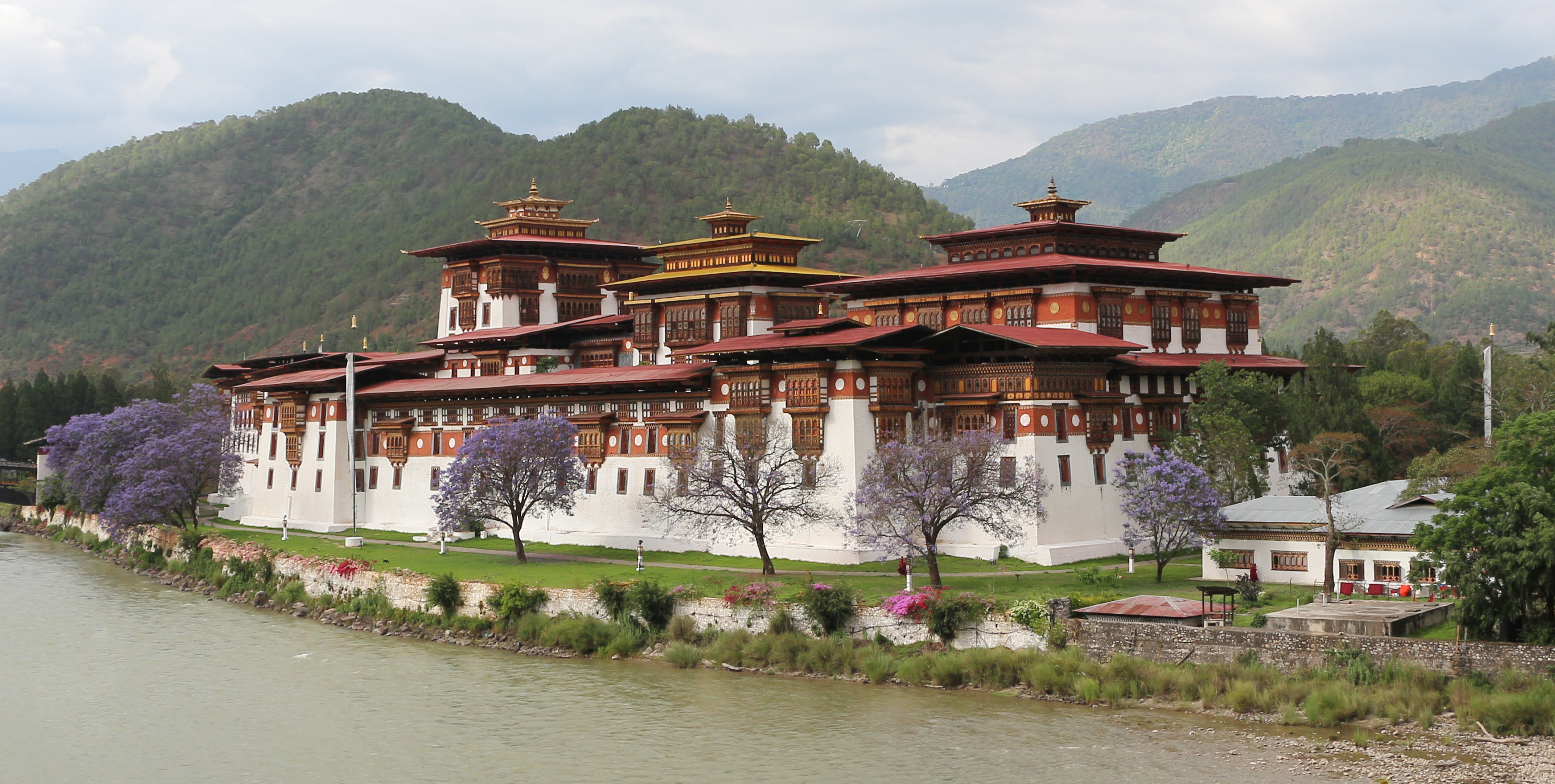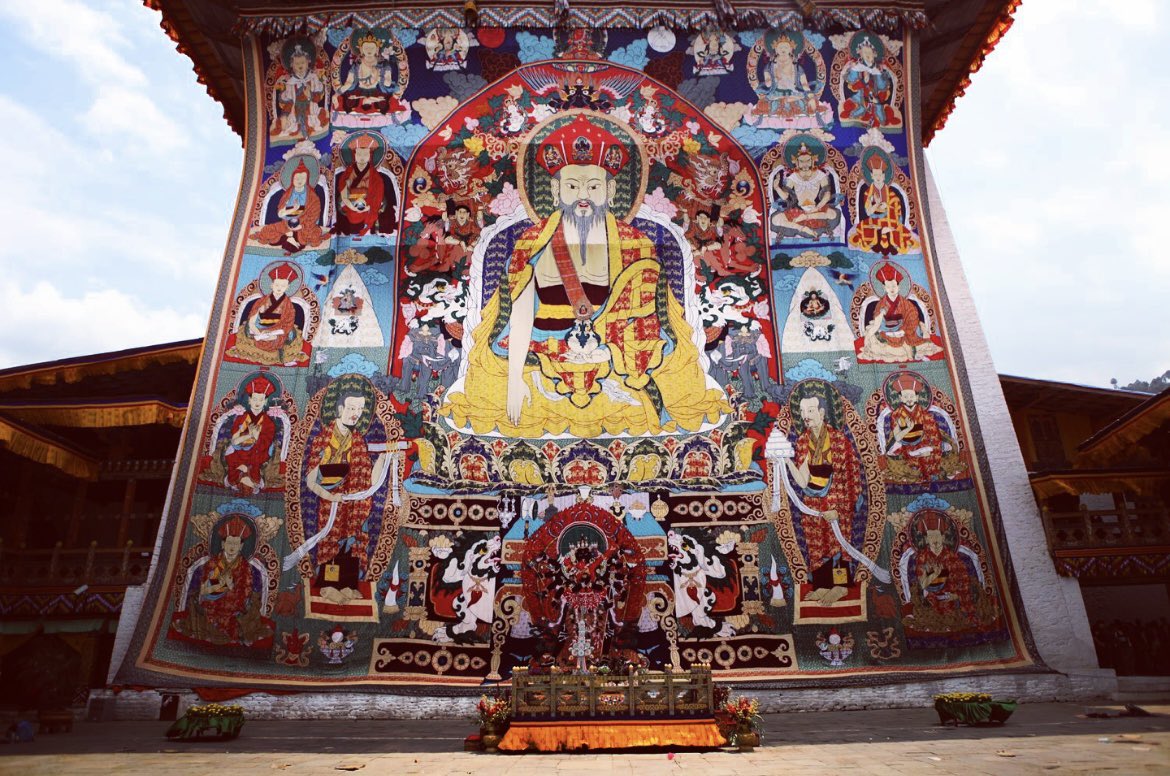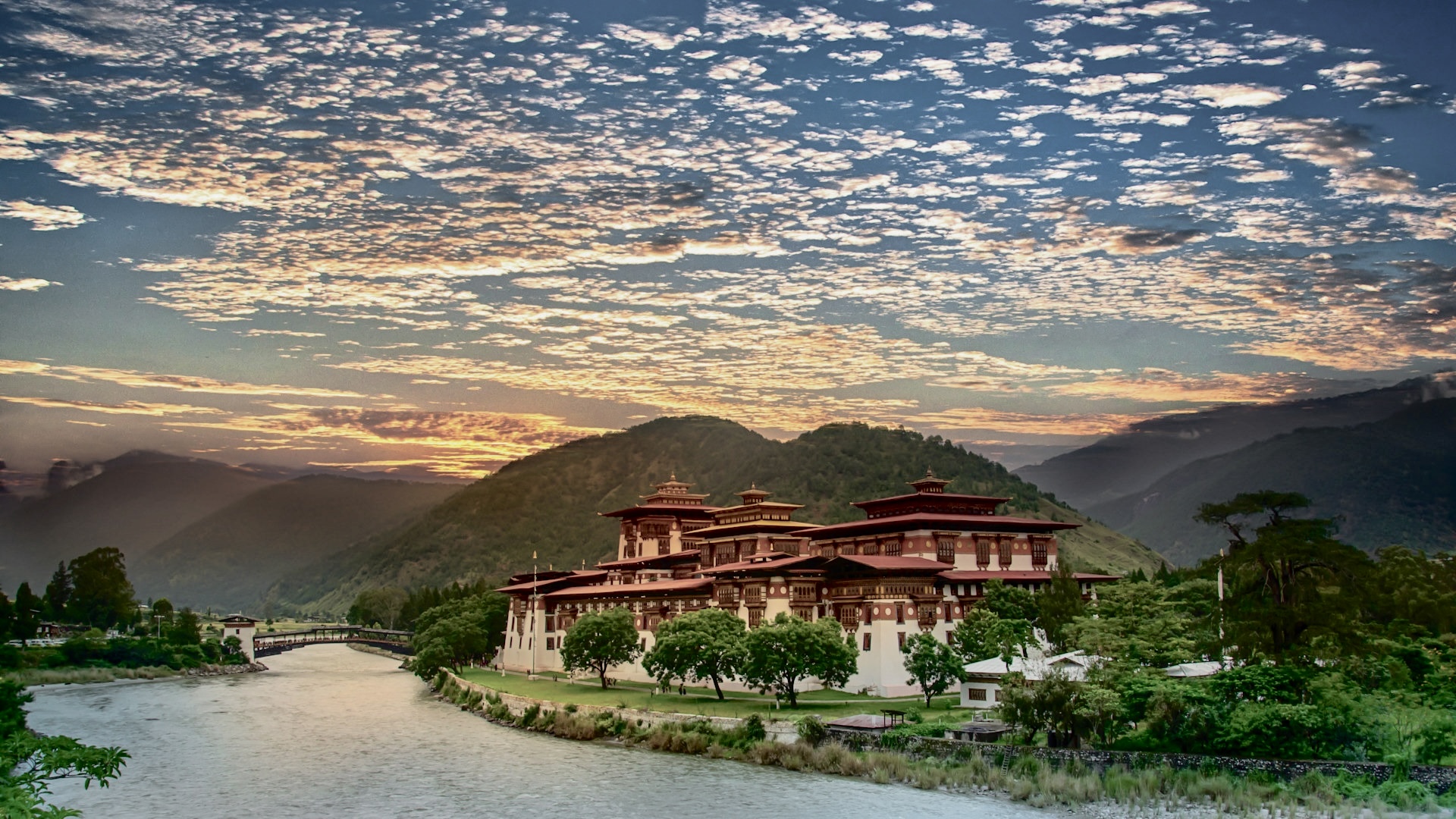
Bhutan has a rich and unique history that has shaped its distinct culture and governance. Below is a clear, scannable overview.
Ancient history
Archaeological evidence suggests the region that is now Bhutan was inhabited from around 2000–1500 BCE. Local beliefs blended Buddhism with indigenous animistic traditions.
Formation of Bhutan (17th century)

Zhabdrung Ngawang Namgyal — a Tibetan lama — is credited with unifying Bhutan and establishing a dual system of governance combining spiritual and temporal leadership. His leadership and the fortress-building era shaped Bhutan’s unique political and cultural identity.
British era and treaties
The 19th century saw a series of interactions with British India. The Treaty of Punakha (1910) clarified relations: Bhutan retained internal autonomy while Britain managed certain external matters.
Rise of the monarchy
Bhutan adopted a hereditary monarchy in 1907. Ugyen Wangchuck became the first Druk Gyalpo (Dragon King), setting the stage for modern governance.
Modernization and social reform
From the mid-20th century Bhutan worked to systematize education, health care, and land reforms. These decades also saw a gradual opening to the wider world.
Gross National Happiness (GNH)
In the 1970s the Fourth King, Jigme Singye Wangchuck, coined the concept of Gross National Happiness (GNH) — a development philosophy prioritizing holistic well-being over purely economic indicators.
Constitutional monarchy and democracy
In 2008 Bhutan adopted a constitution and transitioned to a parliamentary democracy while retaining the monarchy as head of state.


